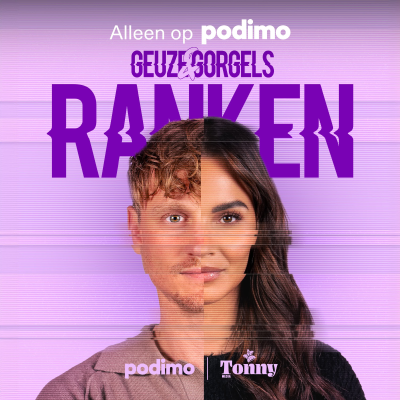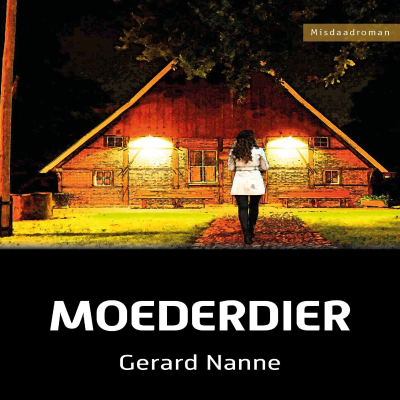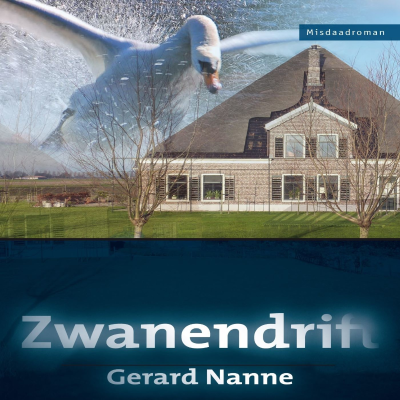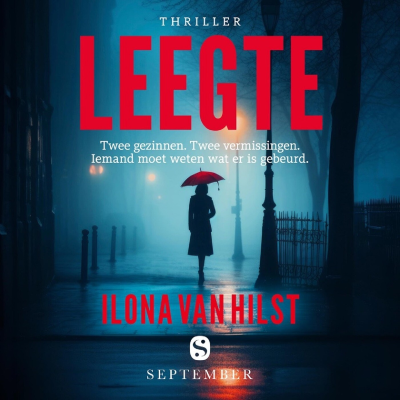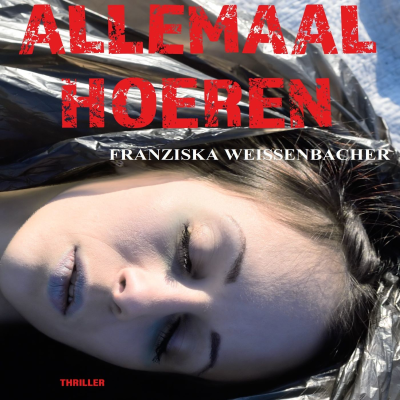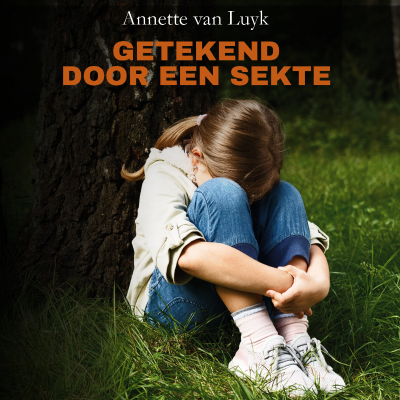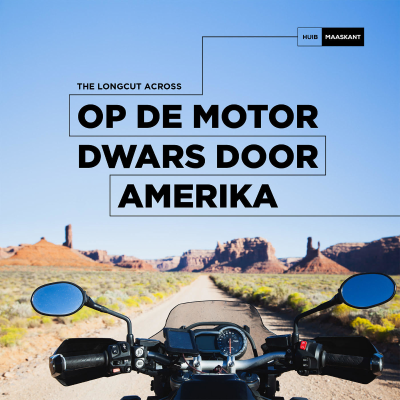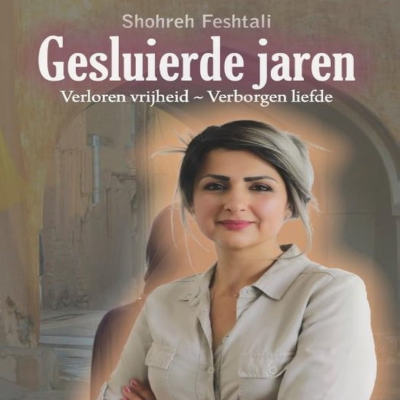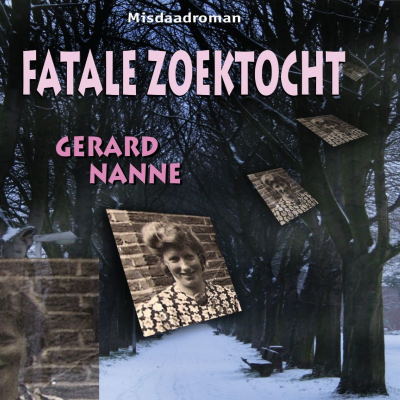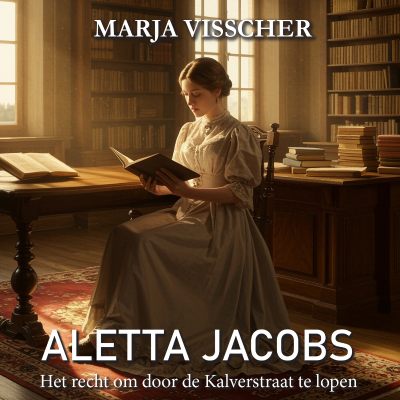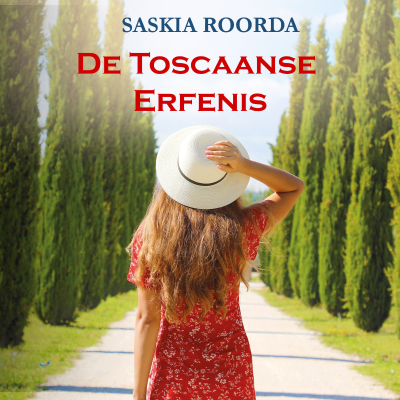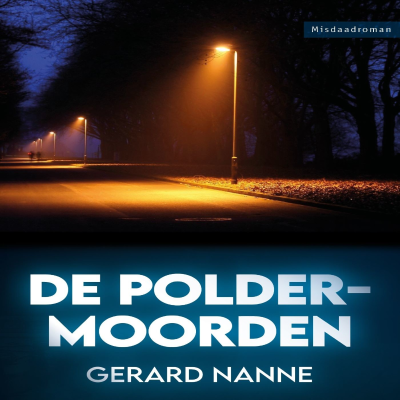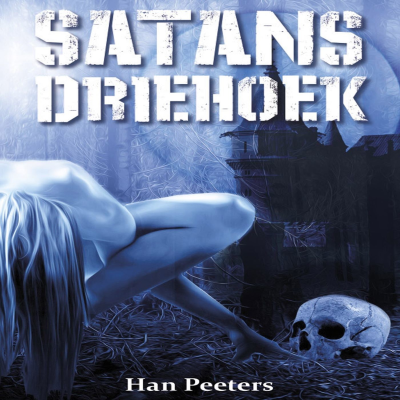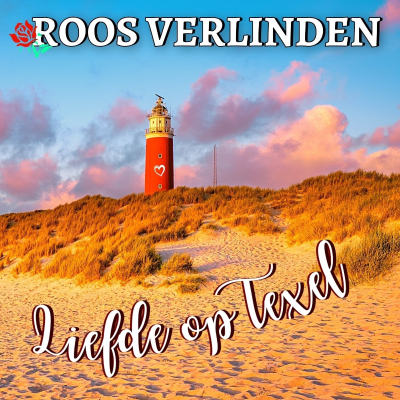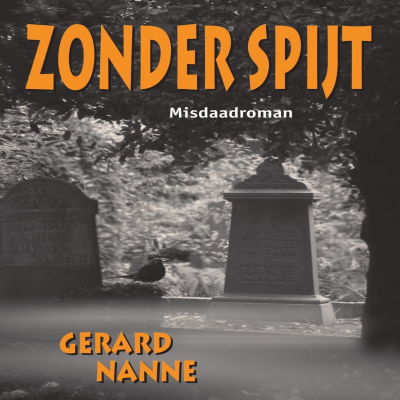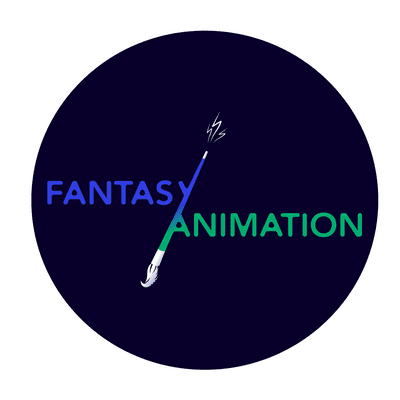
Fantasy/Animation
Engels
Cultuur & Vrije Tijd
Tijdelijke aanbieding
1 maand voor € 1
Daarna € 9,99 / maandElk moment opzegbaar.
- 20 uur luisterboeken / maand
- Podcasts die je alleen op Podimo hoort
- Gratis podcasts
Over Fantasy/Animation
Christopher Holliday is Senior Lecturer in Liberal Arts and Visual Cultures Education at King’s College London (UK). Alexander Sergeant is a Lecturer in Digital Media Production at the University of Westminster (UK), specialising in the history and theory of fantasy cinema. Each episode, they look in detail at a film or television show, taking listeners on a journey through the intersection between fantasy cinema and the medium of animation.
Alle afleveringen
249 afleveringenFootnote #70 - Pantomime
Sound, performance, and the body come together in this Footnote episode discussing pantomime as an entertainment spectacle, as Chris and Alex seek to map the possible connections between pantomime as a popular theatrical tradition emerging in the 17th century and both animation’s own technologies and representations and legacies of fantasy. Topics include classical antiquity, gesture, and choric dramas; European precursors like commedia dell’arte and féerie stories; the invested interest by early animation scholarship in the medium’s multiple genealogies and the role of pantomime in defining animated points of origin; and how the self-reflexive staging and gestures of pantomime came to influence the different visual and comedy stylings of cartoon storytelling. **Fantasy/Animation theme tune composed by Francisca Araujo** **As featured on Feedspot’s 25 Best London Education Podcasts [https://podcasts.feedspot.com/london_education_podcasts/]**
Babes in Toyland (1934) (with Rob King)
Chris and Alex make their first foray into the world of Laurel and Hardy with this reflection on Babes in Toyland (Gus Meins and Charles Rogers, 1934), a film based loosely on the Mother Goose fairytale albeit with a few other nursery rhyme characters thrown in for good measure, all supported by the iconicity of Laurel and Hardy and the duo’s particular brand of slapstick comedy. Joining them to separate their Tom-Tom Piper from their Bo Peep is Rob King [https://arts.columbia.edu/profiles/rob-king], Professor of Film at Columbia University and a film historian who has written wildly on American genre cinema, popular culture, and cultural history with a particular emphasis on silent-era stardom and comedy. Topics for Episode 163 include Laurel and Hardy’s starring role in smoothing out the transition from silent to sound cinema, and the early twentieth-century industrial importance of the slapstick genre; the sound of fantasy and the demise of the comedy short in Hollywood; the immersive worlds of childhood and the enchantment of drawings; toys, toyness, and child’s play; and what Babes in Toyland has to say about the emergence of consumer culture through its pointed citation of Mickey Mouse. **Fantasy/Animation theme tune composed by Francisca Araujo** **As featured on Feedspot’s 25 Best London Education Podcasts [https://podcasts.feedspot.com/london_education_podcasts/]**
Footnote #69 - Transnational Cinemas
Chris and Alex take on transnational cinemas in this brand new Footnote episode of the podcast, thinking through the mobility of - and interactions between - films and filmmakers across national borders and what it means for cinema to ‘travel.’ Topics include the national/transnational relation, and how new kinds of interconnectedness between nation-states are powered by globalisation; how we might understand the cross-cultural production and distribution of films as transcending national boundaries; the role of personal histories in how films represent diasporic experiences through images of migration; and how scholars have grappled with cinemas and individual filmmakers that appear to hold two national identities at once. **Fantasy/Animation theme tune composed by Francisca Araujo** **As featured on Feedspot’s 25 Best London Education Podcasts [https://podcasts.feedspot.com/london_education_podcasts/]**
Lotus Lantern (1999) (with Muyang Zhuang)
Chris and Alex are delighted to be joined for Episode 162 of the podcast by Muyang Zhuang [https://zhuangmuyang.wixsite.com/muyangzhuang] (Assistant Professor at Tongji University), who is a specialist in Chinese cinema, media, and visual culture in East Asia, with a special focus on animation and cartoons. In this instalment, the trio discuss Shanghai Animation Film Studio’s Lotus Lantern (Chang Guangxi, 1999), a film based on Chinese folklore whose animated adaptation in the late-1990s comes in a long line of reworkings of this most famous of tales. Topics include the context of state-owned animated production in socialist and post-socialist China; the (trans)national style and aesthetic choices of Chang Guangxi’s film and the politics of its Westernisation; European vs. Chinese folklore, the figure of the trickster, and links between the film’s musical sequences and character; the complex market forces that have helped position Disney animation as China’s monstrous other; and why Lotus Lantern is considered a landmark in contemporary Chinese animation. **Fantasy/Animation theme tune composed by Francisca Araujo** **As featured on Feedspot’s 25 Best London Education Podcasts [https://podcasts.feedspot.com/london_education_podcasts/]**
Footnote #68 - Historiography
The next Footnote episode of the podcast maps the stakes of telling history and what it means to construct historical narratives through cinema as a form of historical writing. Listen as Fantasy/Animation’s resident lapsed historian Alex takes Chris through the history and theory of making history and doing historical work; verbal and visual discourses of narrativisation in relation to Hayden White’s notions of historiography and historiophoty; distinctions between the fluctuating ‘truths’, poetics, and politics of history; facts and events as non-narrative and empirical; and how the modes and meanings of telling history contribute to the writerly and highly subjective craft of the historian. **Fantasy/Animation theme tune composed by Francisca Araujo** **As featured on Feedspot’s 25 Best London Education Podcasts [https://podcasts.feedspot.com/london_education_podcasts/]**
Kies je abonnement
Tijdelijke aanbieding
Premium
20 uur aan luisterboeken
Podcasts die je alleen op Podimo hoort
Gratis podcasts
Elk moment opzegbaar
1 maand voor € 1
Daarna € 9,99 / maand
Premium Plus
Onbeperkt luisterboeken
Podcasts die je alleen op Podimo hoort
Gratis podcasts
Elk moment opzegbaar
Probeer 30 dagen gratis
Daarna € 11,99 / month
1 maand voor € 1. Daarna € 9,99 / maand. Elk moment opzegbaar.

